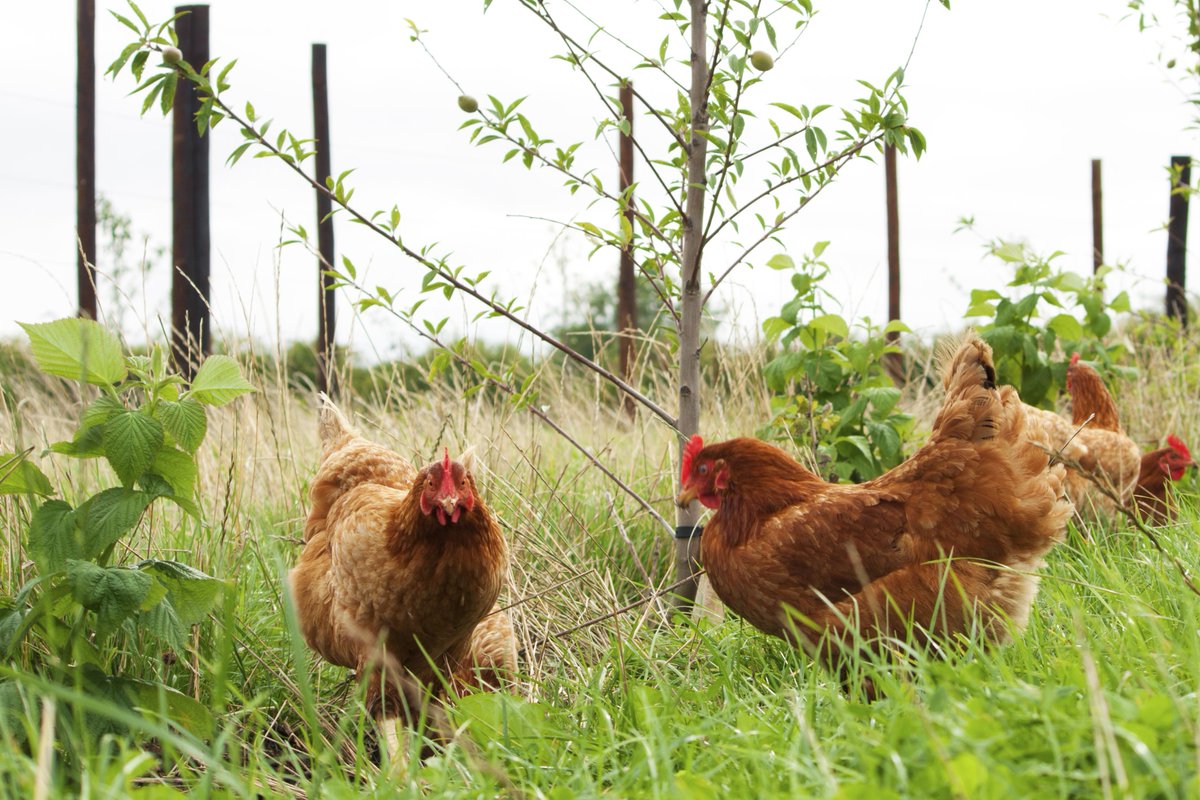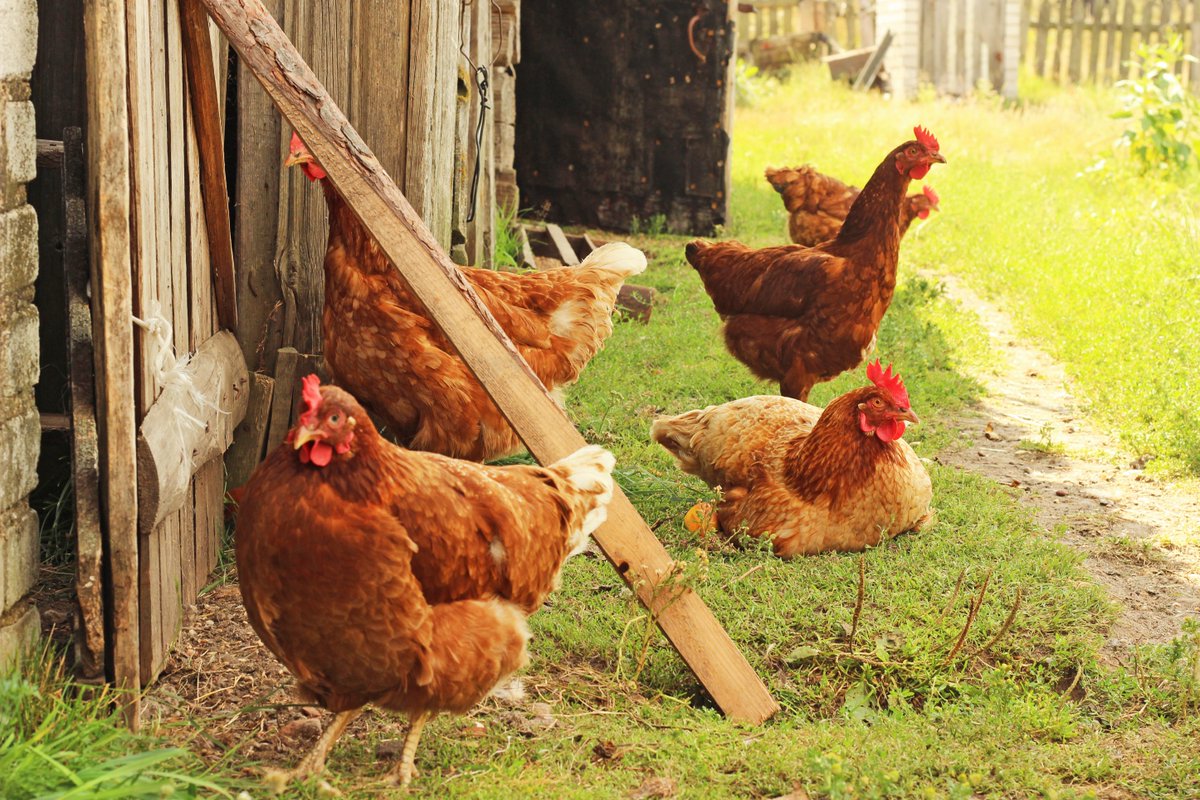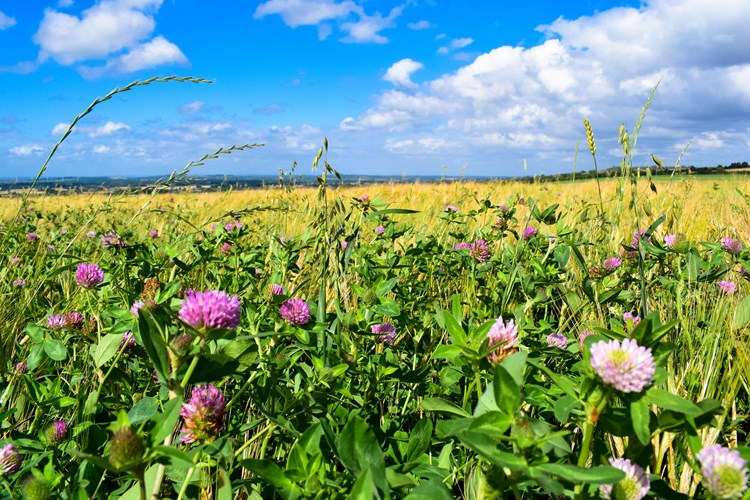
🍱"How #UltraProcessedFood stole our appetites & our shopping baskets"
This year's annual Peter Melchett Memorial Lecture sees @KitchenBee join SA CEO @BrowningHelen & Policy Dir. @JoLewisSA to discuss
💻Blog📽️Recording🤔Tweets to follow
Latest report👉 ow.ly/odVW50BZWYb
This year's annual Peter Melchett Memorial Lecture sees @KitchenBee join SA CEO @BrowningHelen & Policy Dir. @JoLewisSA to discuss
💻Blog📽️Recording🤔Tweets to follow
Latest report👉 ow.ly/odVW50BZWYb

🛒 "Our supermarket shopping habits in the UK are some of the unhealthiest in Europe.
52% of our basket is ultra-processed, compared to 14% in France & only 10% in Portugal." 😱
Read our report on #ultraprocessed foods as we aim to rebalance our baskets ow.ly/odVW50BZWYb
52% of our basket is ultra-processed, compared to 14% in France & only 10% in Portugal." 😱
Read our report on #ultraprocessed foods as we aim to rebalance our baskets ow.ly/odVW50BZWYb
👏💻For those that missed it, here is Bee's brilliant Guardian piece on #ultraprocessed food @KitchenBee
theguardian.com/food/2020/feb/…
theguardian.com/food/2020/feb/…
📊@KitchenBee suggests one of the problems with tackling #ultraprocessed food is that most people don't know what it is. Do you?
For an overview - and to see how #UltraProcessedFood is categorised, see our latest report. ow.ly/odVW50BZWYb
#NOVACategories
#NOVACategories
“Real food should be so simple a child could understand it […] Many British children haven’t encountered food in its natural, real state.”
@KitchenBee shares saddening stories of children identifying peach flavoured medicine but not whole, fresh peaches. #UltraProcessedFood
@KitchenBee shares saddening stories of children identifying peach flavoured medicine but not whole, fresh peaches. #UltraProcessedFood
It's really easy to see how #UltraProcessedFood is bad for our diet and health.
But how does #UltraProcessedFood have a negative impact on tackling both the climate and nature crises we face?
@JoLewisSA explains at the 'Peter Melchett Memorial Lecture'
But how does #UltraProcessedFood have a negative impact on tackling both the climate and nature crises we face?
@JoLewisSA explains at the 'Peter Melchett Memorial Lecture'
According to the @FCRNetwork, several life-cycle assessment studies comparing GHG emissions from ultra-processed ready-made meals & home-made meals with similar ingredients, show that on balance the ready-made meals generate about 30-50% higher emissions than the home-made meals
If shopping baskets continue to be filled with ultra-processed food, our farming system will remain fundamentally about supplying commodity crops to the global market, where only yield and price matter and nutritional diversity is lost.
80% of processed food is made from just 3 plants; soy, maize, wheat & from meat
In the UK, farmers receive just 8% of the price of this food, compared to 92% for the processors, value-adders & the retailers. This leaves no room to invest back in the soil & in their farm ecology.
In the UK, farmers receive just 8% of the price of this food, compared to 92% for the processors, value-adders & the retailers. This leaves no room to invest back in the soil & in their farm ecology.
The Covid pandemic has shown us a different way, prompting a surge in demand for veg boxes, farm shops and nutritious foods from new and flexible local supply chains offering a fairer deal for citizens and producers.
This is a question of balance.
This is a question of balance.
There is still room for more traditional processing that is far from ultra-processing, in that it is centred on real food & can enhance & preserve that food & cut food waste
We also shouldn't turn our backs on global trade, growing things where they have the least climate impact
We also shouldn't turn our backs on global trade, growing things where they have the least climate impact
This is about our whole relationship with food and what we gain from experiencing that connection with each other and with the soil and with nature in growing, cooking and eating together as food citizens, rather than just being consumers of ultra-processed branded food products
What term should we use to describe food that is not ultra-processed?
Real Food
Fresh & minimally processed food*
Something else
#UltraProcessedFood #UltraProcessed #ProcessedFood
Real Food
Fresh & minimally processed food*
Something else
#UltraProcessedFood #UltraProcessed #ProcessedFood
🧑🤝🧑The @SAfoodforlife programme has an ambitious 75% target for freshly prepared, unprocessed food at its heart. This target is hit by 10k schools & 2 million meals in public settings every day.
#UltraProcessedFood foodforlife.org.uk/about-us
#UltraProcessedFood foodforlife.org.uk/about-us
Only with real food on our children’s plates can they make real connections with others and with nature through the growing and cooking and sharing of food.
Find out more 👉 foodforlife.org.uk/about-us #UltraProcessedFood
Find out more 👉 foodforlife.org.uk/about-us #UltraProcessedFood
Thanks to all that attended this brilliant lecture including some great contributions in the chat
📽️A recording will follow
@JoLewisSA reflects on the topic in this blog (ow.ly/hcb850C043A) & here is a link to our new #UltraProcessedFood report ow.ly/odVW50BZWYb
📽️A recording will follow
@JoLewisSA reflects on the topic in this blog (ow.ly/hcb850C043A) & here is a link to our new #UltraProcessedFood report ow.ly/odVW50BZWYb
Thanks to all that attended this brilliant lecture including some great contributions in the chat
📽️A recording will follow
@JoLewisSA reflects on the topic in this blog (ow.ly/hcb850C043A) & here is a link to our new #UltraProcessedFood report ow.ly/odVW50BZWYb
📽️A recording will follow
@JoLewisSA reflects on the topic in this blog (ow.ly/hcb850C043A) & here is a link to our new #UltraProcessedFood report ow.ly/odVW50BZWYb
"unroll" @threadreaderapp
• • •
Missing some Tweet in this thread? You can try to
force a refresh






